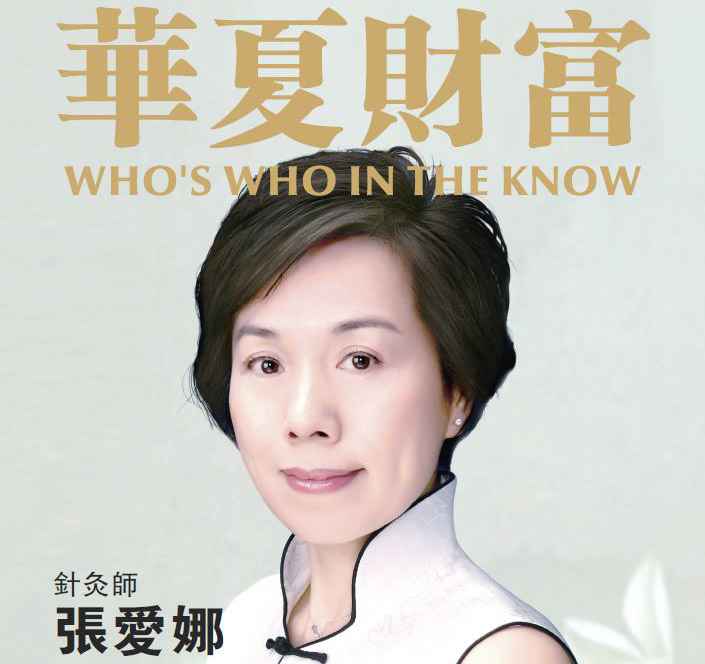As an acupuncturist, who had 8 years of education and over 25 years of clinical experience in both Chinese and Western medicine, I watched these clinical studies with mixed feelings.
the pros and cons
On one hand, they popularized the application of acupuncture in the mainstream medical establishment and raised its credibility and awareness among medical professionals and patients. On the other hand, most of these clinical studies completely ignored many fundamentals of TCM and only used a very limited sets of acupoints rigidly in the search of some “miracle combination of acupoints” to boost the IVF pregnancy rate.
It should not come as a surprise that sometimes these clinical studies produced less-than-optimal results. Consequently, many fertility specialists are still hesitant to recommend acupuncture as a complementary therapy to patients. However, most fertility doctors could agree with the findings of a meta-analysis published in British Medical Journal: Acupuncture around ET is safe, makes patients feel better and may increase the success rate of IVF.
clinical study must consider tcm
While no one argues that acupuncture is in the domain of TCM (Traditional Chinese Medicine), it seems that very little consideration was given to the fundamentals and particularities of TCM when designing, executing and analysing these clinical studies. This is pretty evident, just by looking at the authors’ name, qualification, institution and methodologies employed during these clinic studies. I have mainly paid attention to infertility field of clinical studies, but it is reasonable to assume that the deficiency in clinical study design, execution and analysis are prevalent in other areas of research as well.








